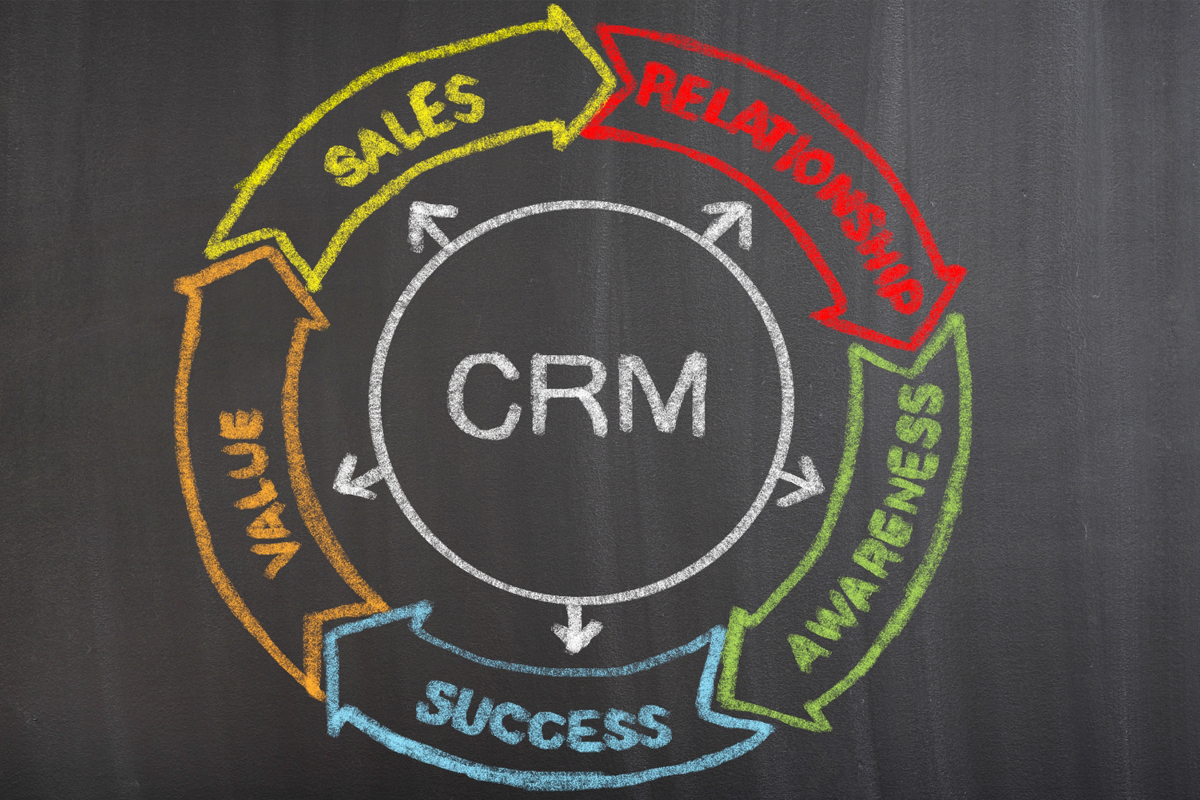
Marketing Qualified Leads (MQLs) are the fuel behind most digital marketing strategies—but generating leads is only half the battle. If you’re not effectively tracking MQL performance or guiding them toward a conversion, you’re leaving revenue on the table.
The key to improving MQL conversion is simple: use your CRM data strategically.
In this article, we’ll break down how to use CRM data to better track, nurture, and convert MQLs into paying customers. Whether you’re running SEO campaigns, Google Ads, or multi-channel lead funnels, your CRM should be the central source of truth for measuring success and optimizing your marketing efforts.
Why CRM Data Is Crucial for MQL Performance
In 2025, most businesses are generating leads from multiple channels—organic search, paid ads, social media, email, and more. Without a CRM, it’s hard to know:
- Where your MQLs are coming from
- How engaged they are over time
- When (and if) they’re ready to talk to sales
- Which campaigns are actually driving revenue
With CRM integration, you gain full visibility into the buyer journey—from first click to closed deal.
Step 1: Define What an MQL Means in Your CRM
Before you can track or convert MQLs, you need a clear, data-driven definition.
Most CRM platforms (HubSpot, Salesforce, Zoho, etc.) allow you to define an MQL using a combination of:
- Demographics (industry, company size, location)
- Behavioral actions (downloads, website visits, email engagement)
- Lead source (SEO, PPC, referral, etc.)
- Lead score thresholds based on activity and fit
✅ Example: A Florida-based SaaS company defines MQLs as contacts from companies with 10+ employees who downloaded a buyer’s guide and visited the pricing page twice within 7 days.
Once defined, label these leads in your CRM using tags, lifecycle stages, or custom properties.
Step 2: Automate Lead Tracking and Source Attribution
A good CRM should track the origin of every MQL so you can measure what’s working.
Use CRM tools to:
- Capture UTM parameters from lead forms and email links
- Assign original source channels (e.g., SEO, Google Ads, Facebook)
- Identify first-touch and last-touch attribution
- Track every interaction (email opens, page views, ad clicks, etc.)
This helps you answer questions like:
- Which campaign is generating the most qualified leads?
- How long does it take an MQL to convert?
- Are SEO leads more likely to close than paid leads?
📍 Florida Example: A Clearwater law firm used CRM tagging to identify that SEO leads had a 3x higher close rate than Facebook Ads leads, prompting a shift in ad budget to organic content promotion.
Step 3: Build Lead Scoring Models Based on CRM Engagement Data
Lead scoring assigns value to each contact based on their activity and profile.
CRM data allows you to score based on:
- Website page visits (especially pricing or service pages)
- Content downloads
- Email engagement (opens, clicks, replies)
- Time on site and repeat visits
- Geographic targeting (for local service businesses)
Set up automation to move contacts from MQL to SQL (Sales Qualified Lead) when they meet certain engagement thresholds.
Step 4: Segment and Nurture MQLs With Targeted Sequences
Not every MQL is ready to talk to sales. Use CRM data to segment and nurture leads based on:
- Services they’re interested in
- Stage of the funnel
- Engagement level
- Location or business type
Then deliver targeted email sequences, remarketing ads, or content offers that match their needs.
🧠 Pro Tip: Segmenting MQLs into “cold,” “warm,” and “hot” categories based on CRM behavior helps your sales team focus only on the most likely to convert.
Step 5: Connect CRM Data to Sales Outcomes
To close the loop on MQL performance, track:
- MQL-to-SQL conversion rate
- MQL-to-customer rate
- Average time to conversion
- Revenue per MQL by campaign
- Lead source performance
This insight helps you:
- Justify marketing spend
- Identify top-performing channels
- Improve handoff between marketing and sales
- Forecast pipeline value more accurately
📊 Example KPI Dashboard Fields:
| Metric | Description |
|——–|————-|
| Total MQLs | All leads meeting your MQL criteria |
| MQL to SQL % | What % of MQLs turned into sales-ready leads |
| MQL to Customer % | What % of MQLs turned into paying clients |
| Avg Revenue per MQL | Revenue generated / total MQLs |
| MQL by Channel | SEO, PPC, social, referral, etc. |
Bonus: CRM Integrations to Streamline MQL Tracking
If you’re using tools like Google Ads, Facebook Ads, or SEO platforms, make sure they’re integrated with your CRM. This allows you to:
- Pass lead data in real time
- Trigger nurture sequences automatically
- Measure ROI more accurately
- Create lookalike audiences from closed MQLs
Popular integrations:
- HubSpot CRM with Google Ads and Search Console
- Salesforce with LinkedIn Ads and Pardot
- Zoho CRM with Mailchimp and Facebook Lead Ads
Your MQL campaigns are only as strong as the data driving them. By using CRM data to track, segment, and optimize your leads, you gain control over the full buyer journey—from interest to action.
At SEO Consulting Experts, we help Florida businesses align their SEO and paid media efforts with CRM workflows that actually drive results. Whether you’re building your first MQL campaign or trying to improve your current funnel, we’ll help you get the data and strategy right—so you can grow with confidence.
👉 Want to improve your MQL conversion rate with CRM integration? Schedule a free marketing automation audit today.
We’ll review your lead journey, CRM setup, and show you exactly how to turn more MQLs into paying customers.

